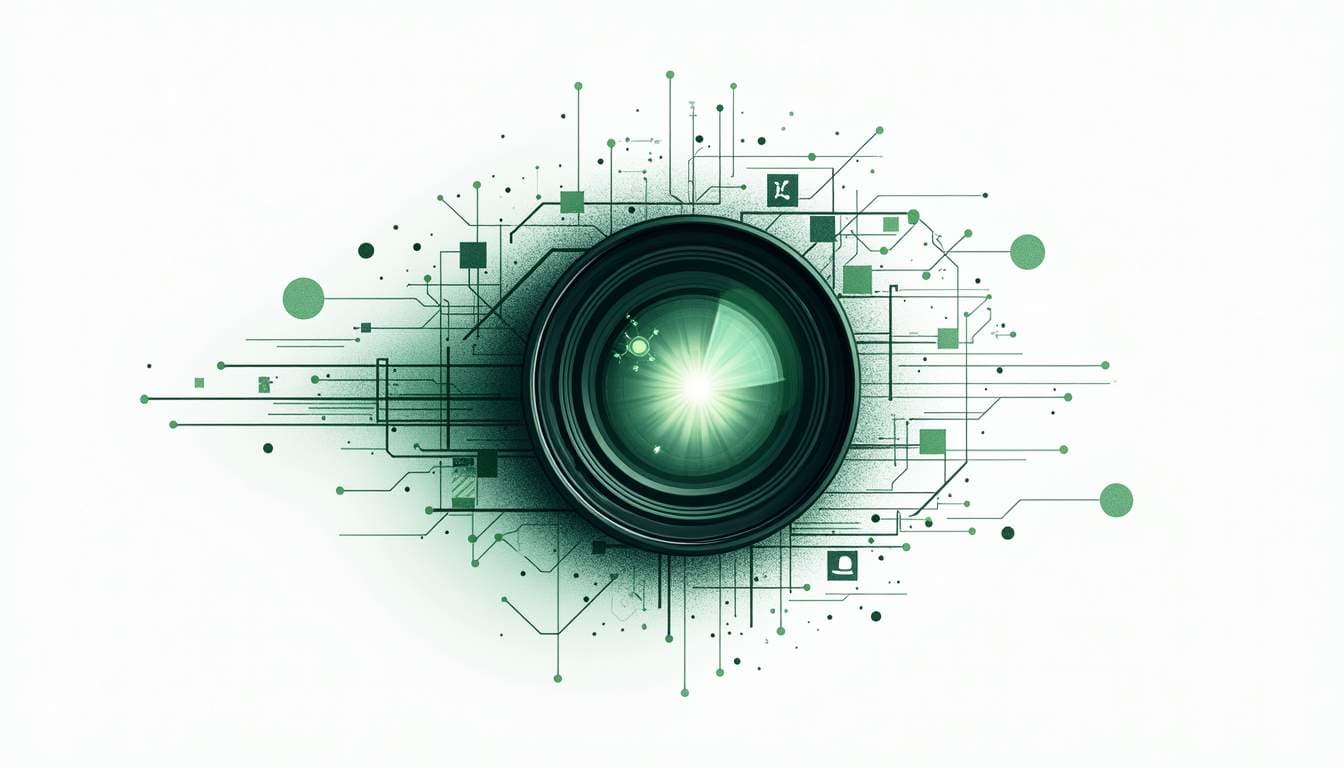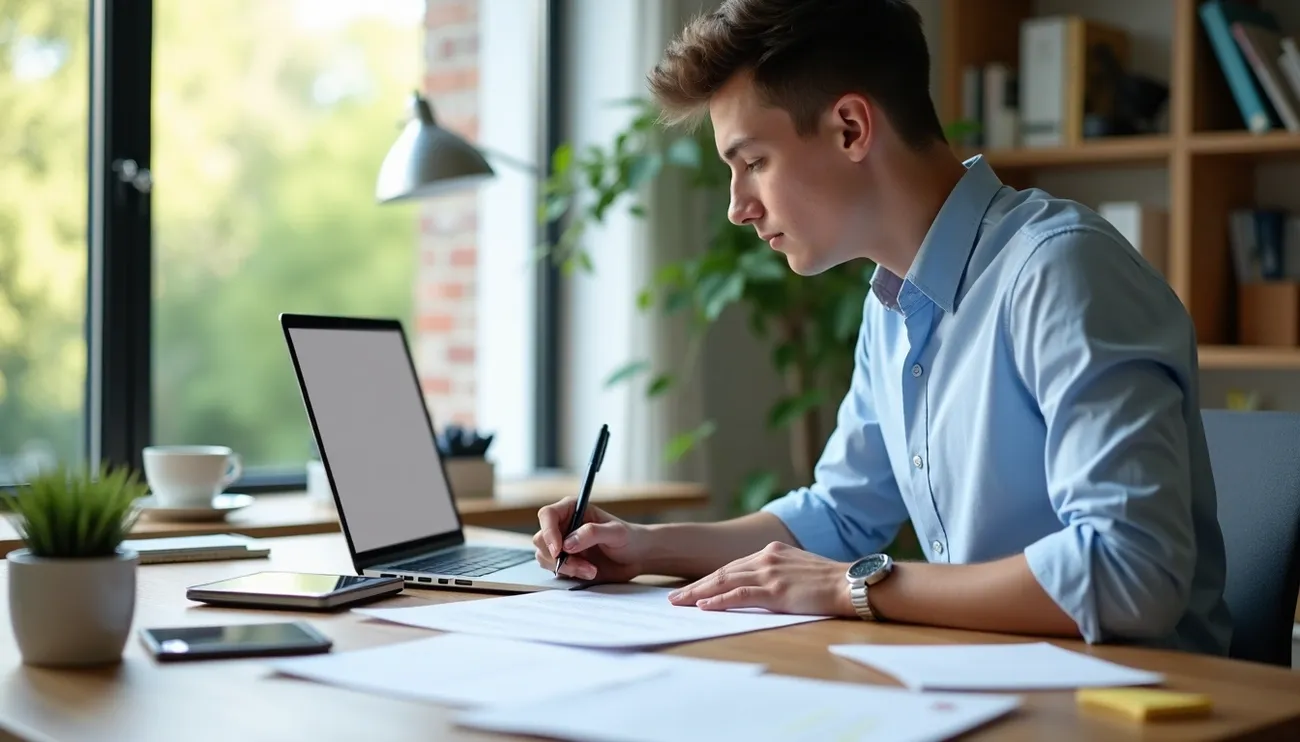In recent years, artificial intelligence has made remarkable strides across various industries, and professional photography is no exception. Among the most transformative innovations is the rise of AI-generated headshots, which are reshaping how individuals and businesses approach professional portraits. From rapid production times to evolving aesthetic preferences, AI headshots are carving out a significant niche in the photography market.
This article explores how AI headshots are revolutionizing professional photography, examining their growing popularity, technological advancements, and the balance between digital innovation and traditional artistry.
The Rise of AI-Generated Headshots
Artificial intelligence has introduced a new paradigm in portrait photography by enabling the creation of high-quality headshots with unprecedented speed and flexibility. Unlike traditional photography sessions that require scheduling, lighting setups, and post-production work, AI systems can generate complete professional headshot sets in under five minutes. This rapid turnaround is particularly appealing for busy professionals and companies seeking quick yet polished images.
Market data reflects this growing adoption. Currently, AI headshots account for about 2% of the market share, but projections indicate a surge to 23% by the end of 2024. This rapid growth signals a shift in how headshots are produced and consumed, driven by both technological improvements and changing user expectations.
Why Are AI Headshots Gaining Popularity?
One compelling reason for the rise of AI headshots is their ability to meet the evolving demands of hiring managers and recruiters. In blind tests, 62% of hiring managers preferred AI-generated headshots over traditional portraits. This preference highlights the quality and appeal of AI-created images, which can be tailored to present a professional yet approachable appearance.
Moreover, AI headshots offer customization options that can be difficult to achieve in conventional photo shoots. Users can select different backgrounds, lighting styles, and poses without the need for multiple sessions. This flexibility makes AI headshots an attractive choice for professionals who want to maintain a consistent and polished online presence across platforms.
Additionally, the democratization of high-quality imagery through AI technology is reshaping the landscape of personal branding. Individuals from various backgrounds, including freelancers and entrepreneurs, can now access professional-grade headshots that were once exclusive to those who could afford traditional photography services. This accessibility not only enhances personal branding efforts but also levels the playing field in competitive job markets, allowing talent to shine through without the financial burden of professional photography.
Furthermore, the integration of AI in headshot generation is paving the way for innovative features that enhance user experience. For instance, some platforms are beginning to incorporate machine learning algorithms that analyze user preferences and suggest optimal styles and settings based on industry standards. This personalized approach not only saves time but also empowers users to make informed choices that resonate with their professional identity, ultimately leading to a more impactful online presence.
Balancing Authenticity and Innovation
Despite the impressive capabilities of AI, the human element remains vital in professional photography. Authenticity is a key factor that clients and audiences seek in headshots, especially for social media and personal branding. According to professional photographer Enger, "Clients want something to post on social media. They're looking for images that feel authentic and interactive—something their audience can connect with."
This insight underscores the importance of creating images that tell a story and resonate on a personal level. While AI can generate technically flawless images, the narrative behind a portrait often requires a human touch—whether through posing guidance, expression coaching, or post-production retouching. The ability to capture genuine emotions and subtle nuances is something that machines struggle to replicate, making the photographer's intuition and experience invaluable in the creative process.




![Cover Letter vs Resume: What Hiring Managers Actually Read First [2026]](/_next/image?url=%2Fapi%2Fmedia%2Ffile%2Fcoverletterandresume.png&w=3840&q=75)